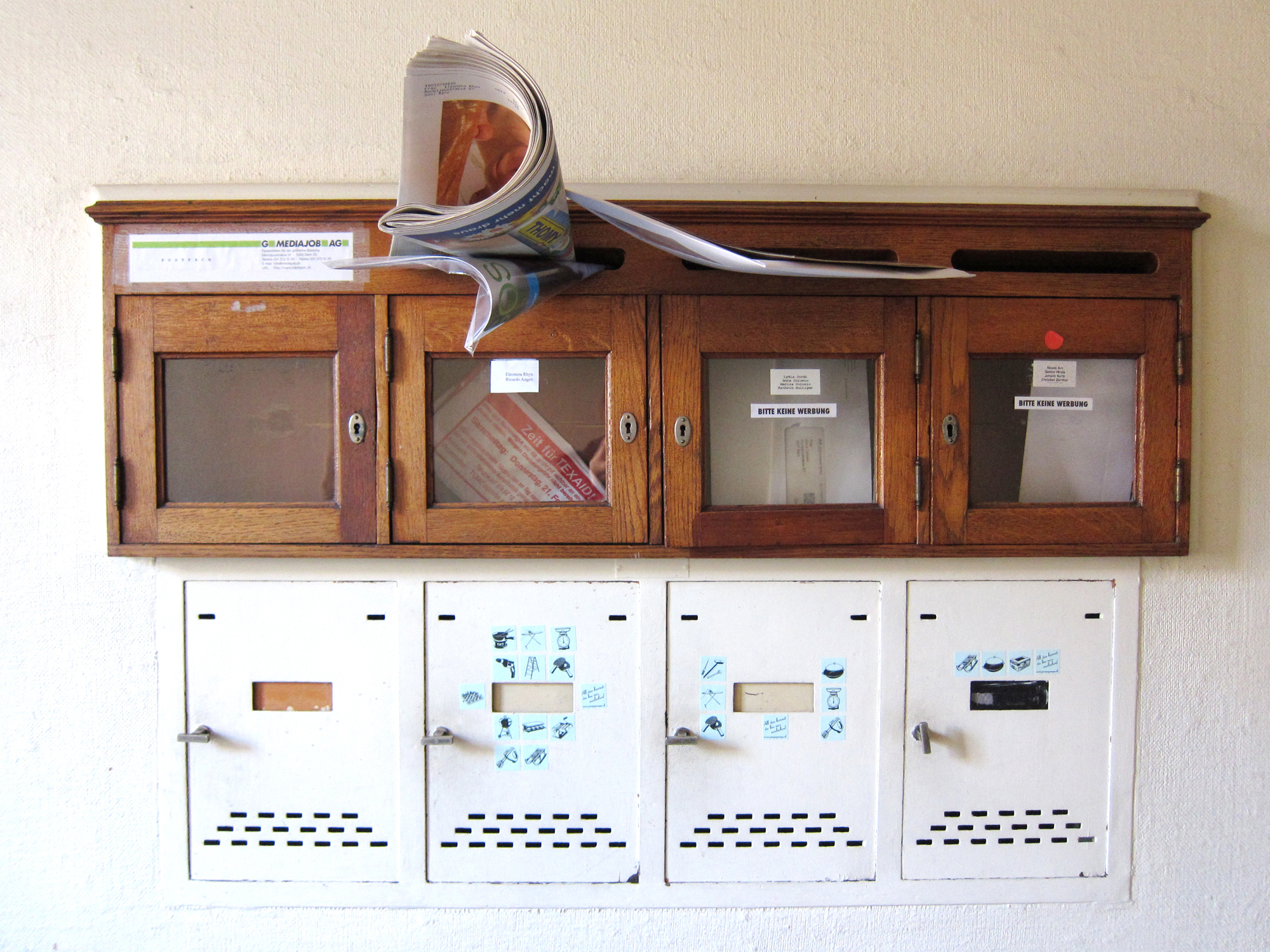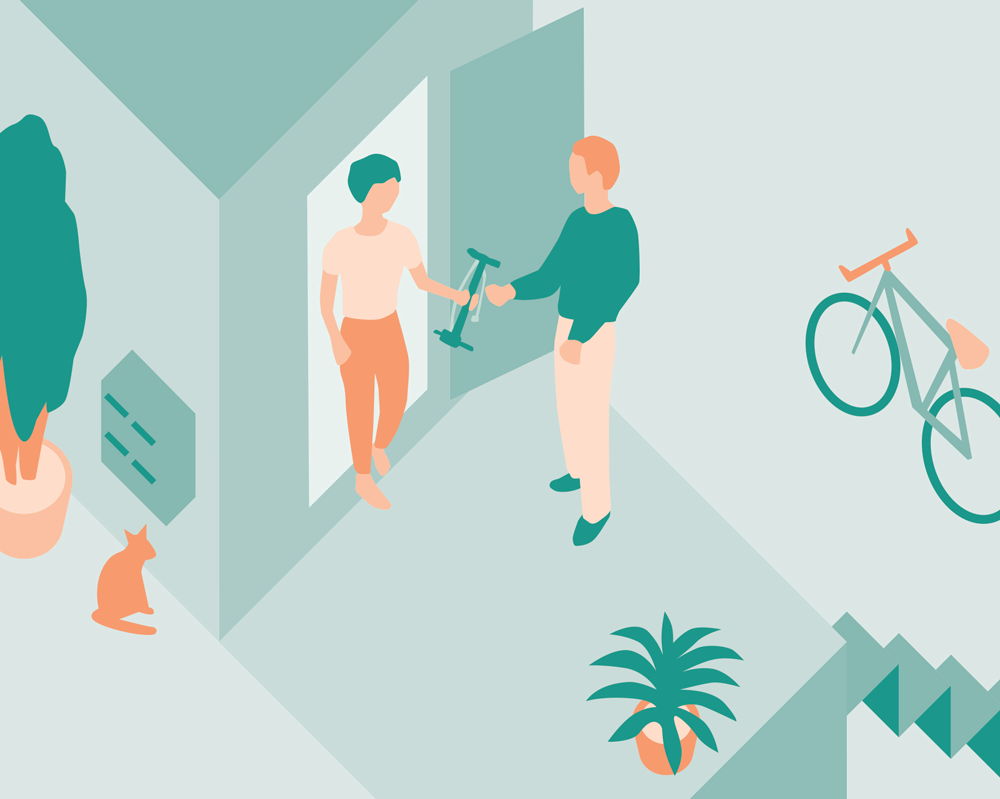Sharing is caring!
The average European owns 10,000 things. That number was very present in various media several years ago, although it’s not statistically proven. Nevertheless, it’s undeniable that there is an overabundance of consumer goods, products and services in first-world countries. Many people own the same things without using them on a regular basis. Pumpipumpe is a nonprofit that aims to raise awareness for swapping and sharing and uses existing infrastructures to do so.
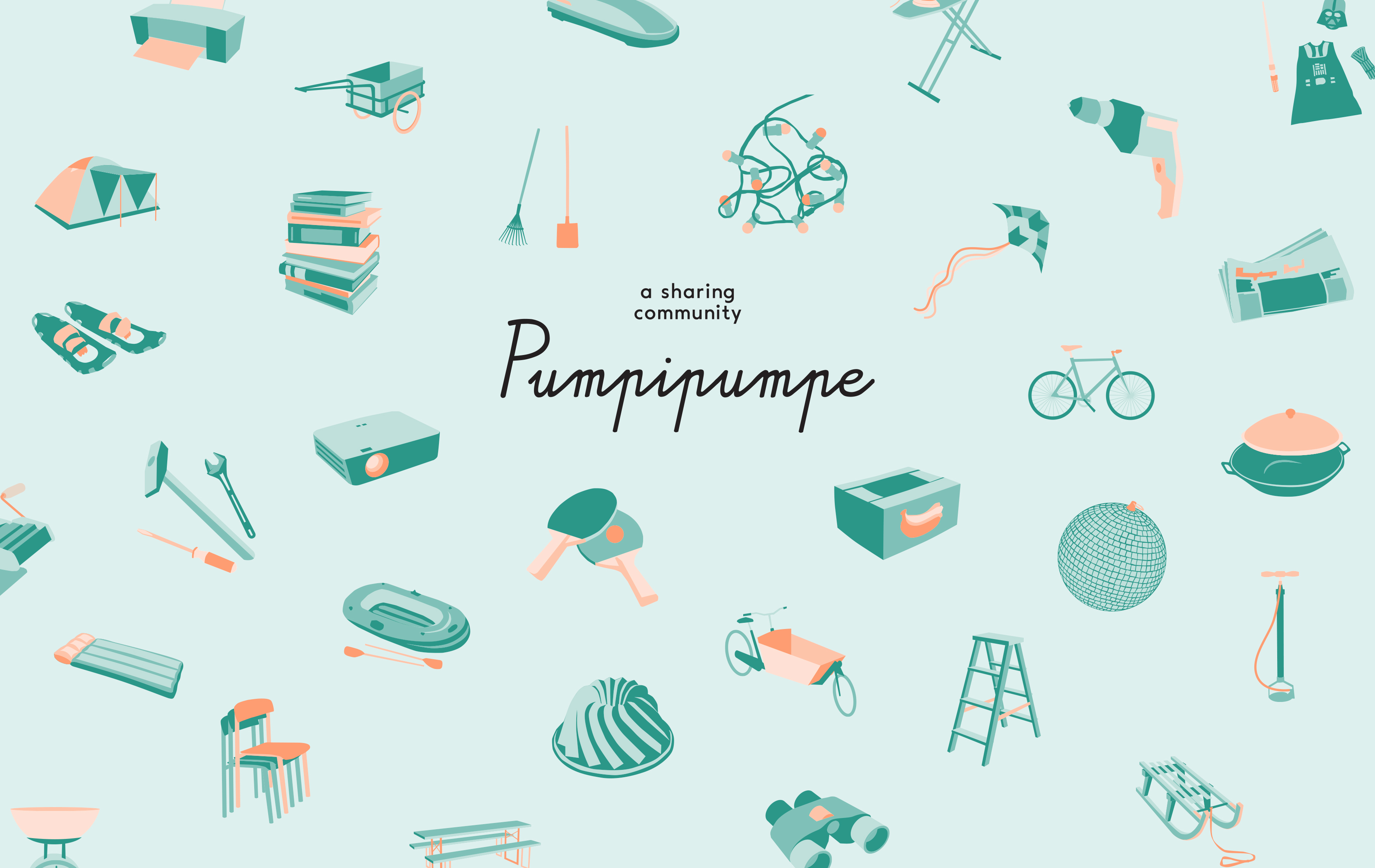
Car-sharing, food-sharing or couch-surfing – the principle of sharing isn’t a new invention. However, the advance of digitalisation is opening up new ways to implement it. This approach has come to be known as the sharing economy – and according to the German Future Institute (Zukunftsinstitut), it’s the guiding principle for a new generation of consumers. It’s certainly true that the internet has made the shared use of material and immaterial goods easier and more widespread, but have we really internalised sharing as a guiding principle? “Even though peer-to-peer sharing is more common than it was 10 years ago, it’s still a side issue as opposed to buying,” points out Lisa Ochsenbein.
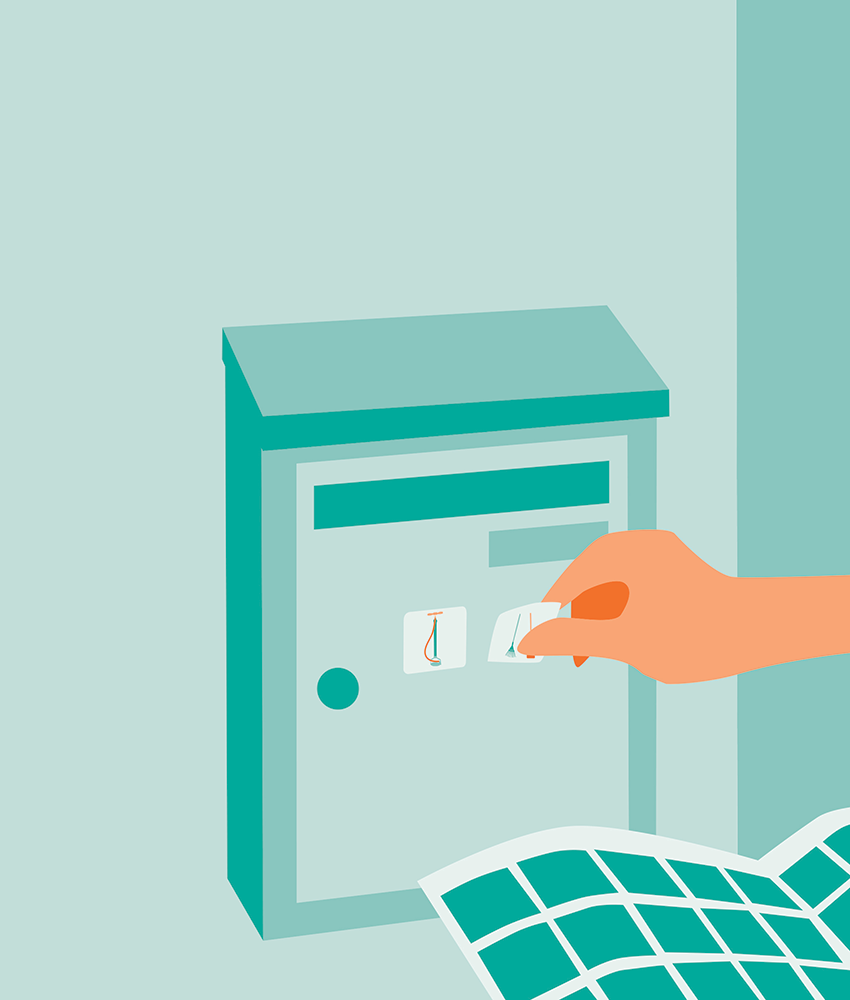
In autumn 2012, soon after completing her masters in industrial design, Lisa Ochsenbein launched the „Pumpipumpe – a Sharing Community“ project in Berne together with fellow Meteor Collectif members Ivan Mele and Sabine Hirsig.
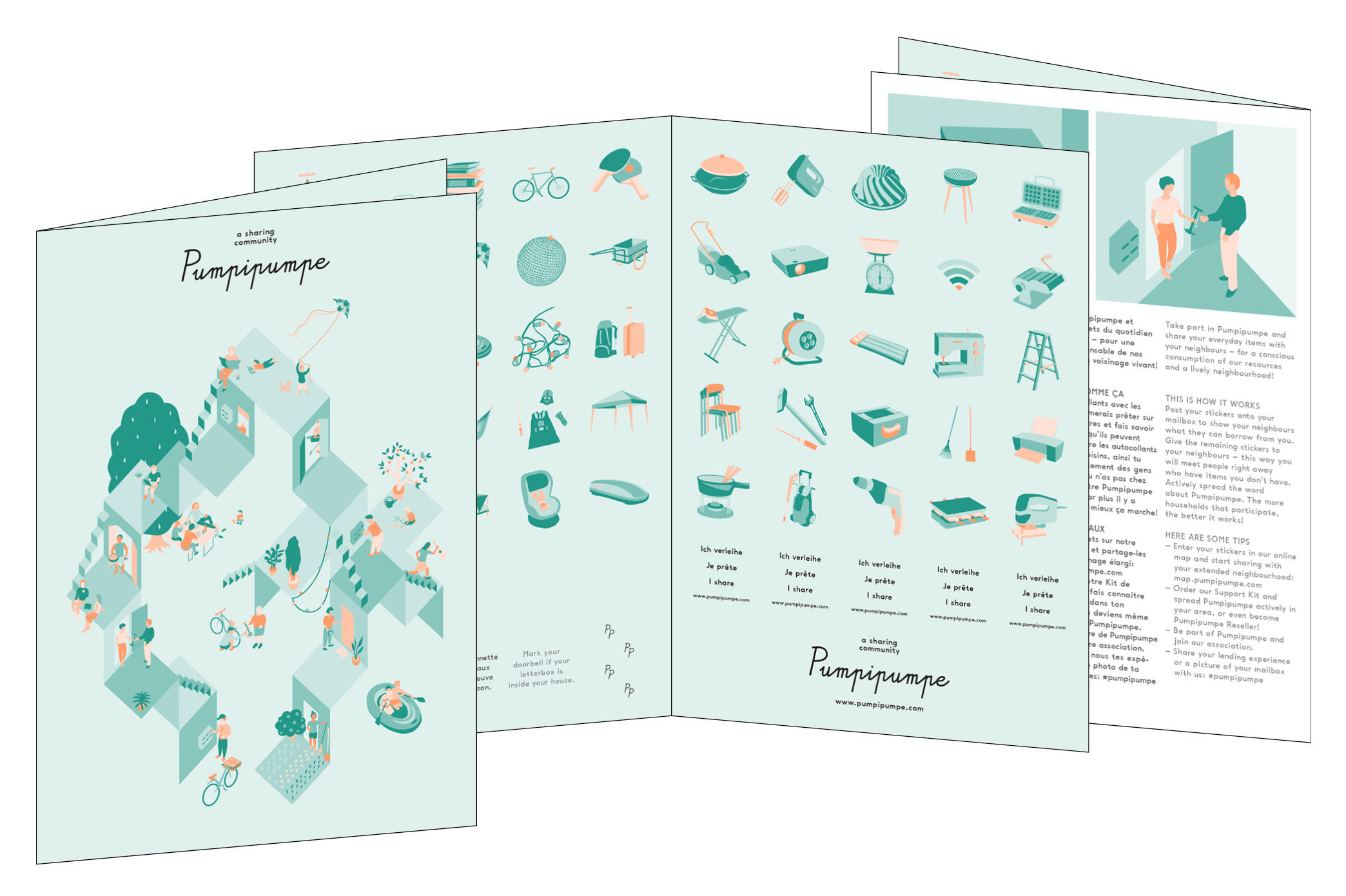
It wasn’t long before the studio project was attracting attention. The fact that it won the German Ecodesign Award in the newcomer category just one year after its founding certainly played a part in that: the high esteem and credibility the award enjoys were very valuable for the project, says Ochsenbein, because it meant that “Pumpipumpe wasn’t ‘just’ seen as activism any more, but as a serious design project.” In the meantime, the perception of what design can do for our society has changed.
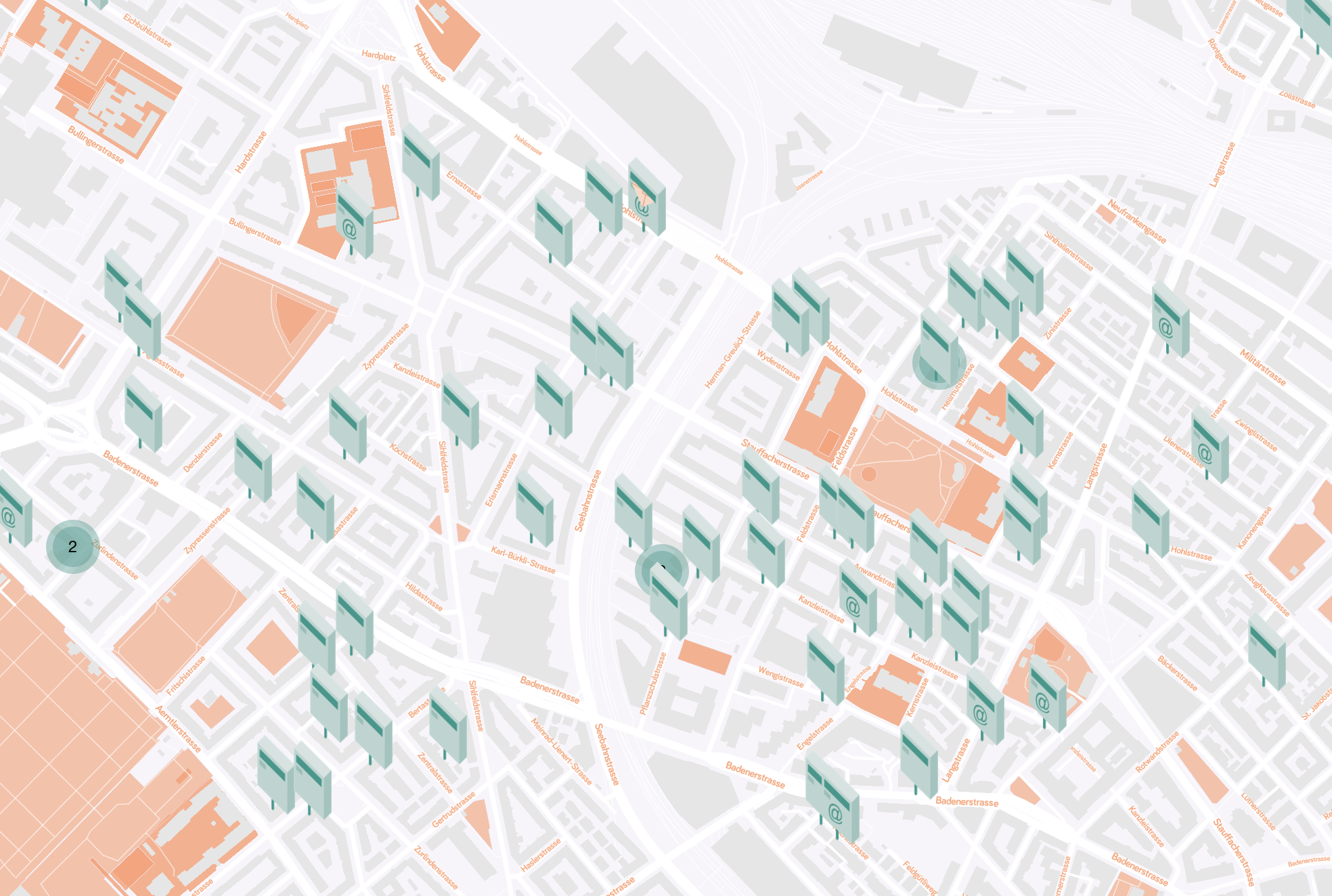
Pumpipumpe’s success meant the team could bring new members and new expertise on board. The project was constantly refined and optimised. In the meantime, the analogue offering has been supplemented with new tools like the online map, which allows users to register their own mailbox so that they can look for speciality cake tins and the like beyond their own apartment building and connect with the community.
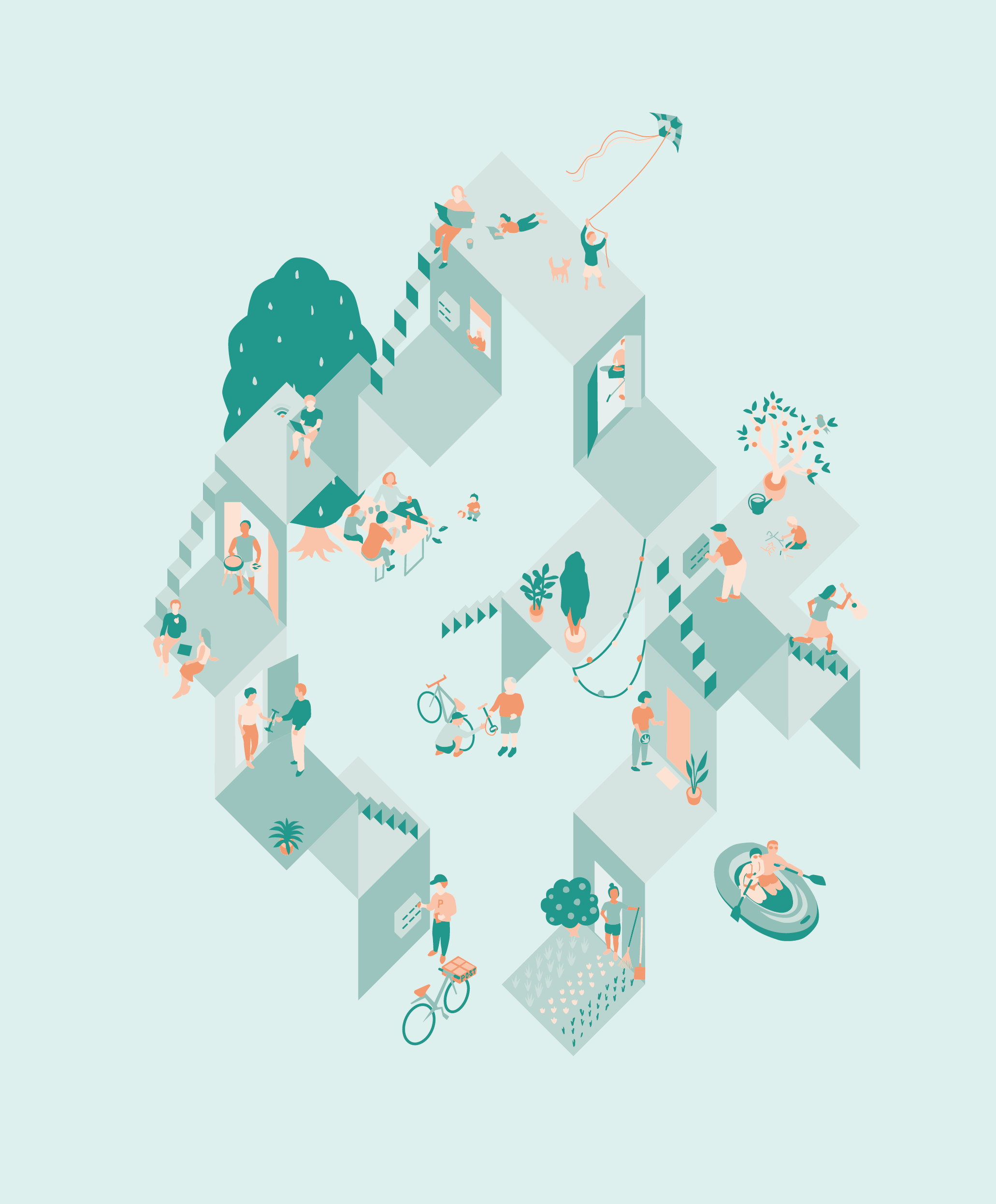
“We’d like to see more sharing and lots of other initiatives that help pave the way to a resource-based circular economy. It’s essential to recognise the potential inherent in urban centres and the interconnections that are possible, and to find creative new solutions for promoting more sustainable patterns of consumption. We’d like to see designers develop intelligent systems instead of isolated products. And for consumers to be able to use functions instead of owning masses of things.”
